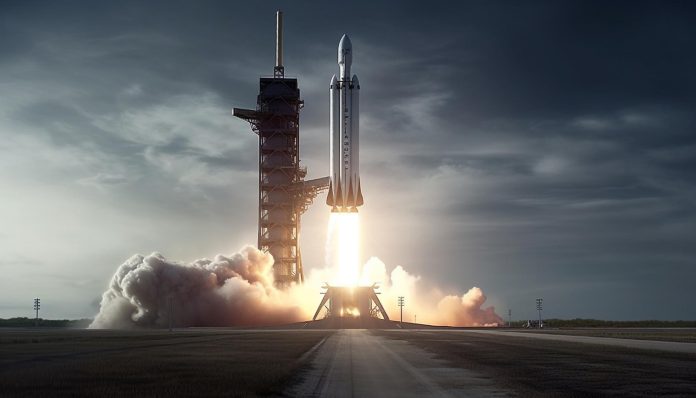Rocket launches require a significant amount of water for several important reasons:
Sound Suppression: One of the main reasons water is used during rocket launches is for sound suppression. Rocket engines produce intense noise and vibrations during liftoff, which can potentially damage the vehicle and its payload. Water is sprayed into the flame trench and surrounding areas to absorb and dampen the acoustic energy generated by the engines. This helps protect the rocket and its components from excessive vibrations.
Cooling: Rocket engines generate an enormous amount of heat during operation. Water is used as a coolant to prevent the engines and other critical components from overheating. By circulating water through various systems, such as the engine nozzles or the launch pad structure, excess heat is carried away, ensuring the proper functioning of the rocket.
Exhaust Gas Management: Rockets produce high-velocity exhaust gases during liftoff, which can potentially cause damage to the launch pad and surrounding infrastructure. Water is often used to mitigate these effects by creating a vapor cloud around the rocket during launch. The hot exhaust gases interact with the water particles, which helps redirect and disperse the exhaust plume, reducing the potential for damage.
Fire Suppression: Rocket launches carry an inherent risk of fire, especially during the initial ignition and liftoff phases. Water is readily available and serves as an effective fire suppressant. In case of an engine or system malfunction leading to a fire, water can be used to extinguish the flames and prevent the spread of fire to other areas.
Therefore, the use of water during rocket launches is important for ensuring the safety and success of the mission by providing sound suppression, cooling, exhaust gas management, and fire suppression capabilities.





